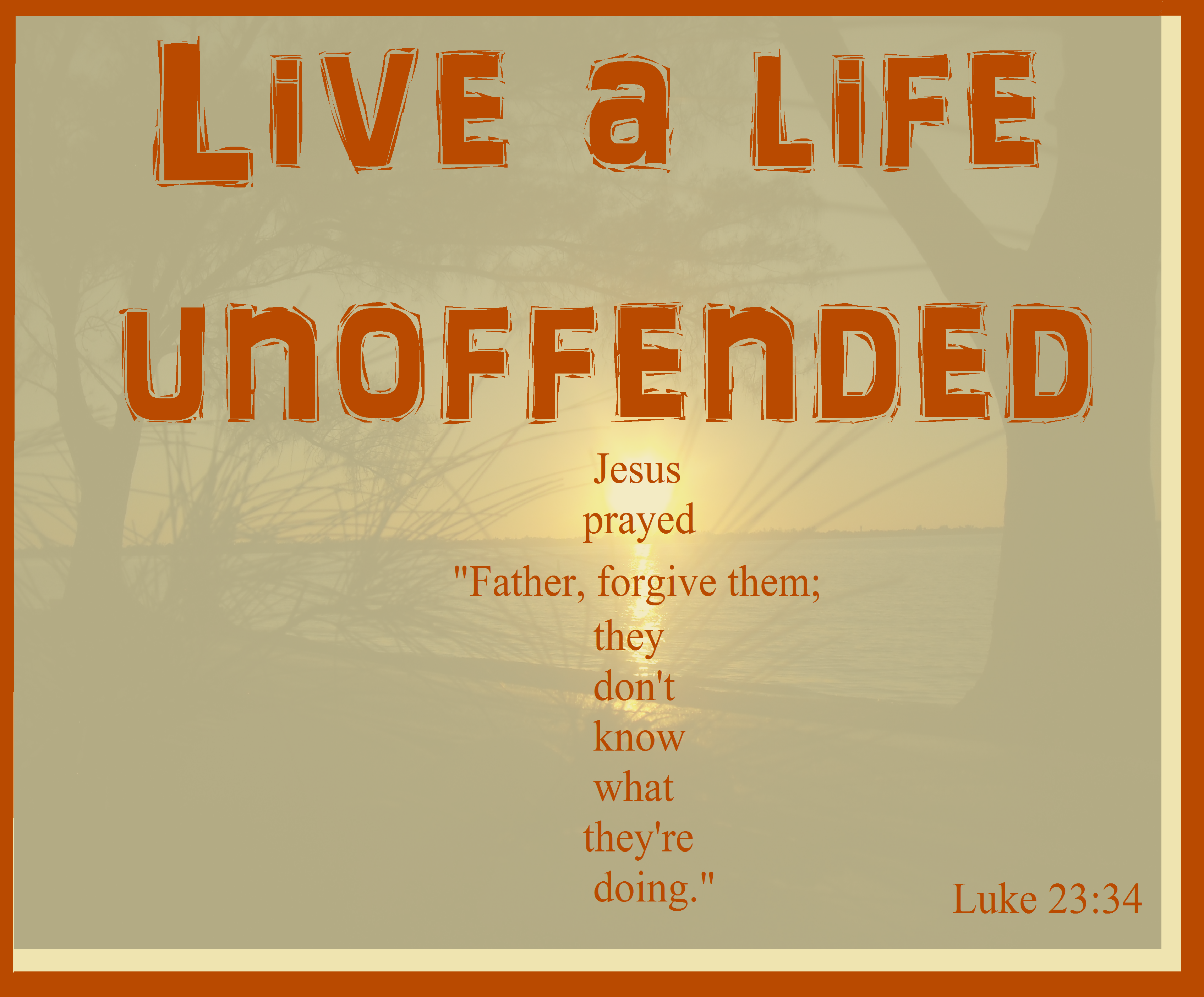Saul is desperate. He's facing a battle without God and without direction. No matter how hard he looks for answers, none are forthcoming. He's willing to go through banned channels to get any kind of insight he can find. His pride has kept him from laying down the kingdom when God took it from him and now it's all falling apart. Contrast that to Moses who told God that if He didn't go with them, they wouldn't go. The answer Saul gets is not what he wanted, but probably wasn't all that surprising. One side note: Mediums and spiritists were banned by God for our protection. Leaving yourself open to the spirit world outside of God's plan leaves you open to demonic influence and probably explains Saul's subsequent battlefield suicide.
David also seems to be arrogantly attempting to prove his worth to his new king. He seems to have abandoned the idea that he could ever be king himself and is working toward what he can achieve on his own. God protects David from his own stupidity when the remainder of the Philistine commanders rightfully question David's loyalties. David is sent home to find it burned to the ground and everyone gone, victims of Amekelite revenge over David's recent extra-curricular activities. David's eagerness to prove his value left his family vulnerable to attack and his warriors weary from an unnecessary trek to a war he had no business being around. They get their families and stuff back, but I'm sure it was traumatic for everyone.
 Unlike Saul, David acts rightly, rewarding not only the ones who rescued them but the ones who stayed behind. He also remembers those that have supported him through his exile, sharing the plunder with them as well--especially since they had also been attacked by the Amekelite raiders too. He acts like a king, sharing the benefits of his success with all who will be under him.
Unlike Saul, David acts rightly, rewarding not only the ones who rescued them but the ones who stayed behind. He also remembers those that have supported him through his exile, sharing the plunder with them as well--especially since they had also been attacked by the Amekelite raiders too. He acts like a king, sharing the benefits of his success with all who will be under him. It's far too easy to seek instant gratification and forget what's really important, especially when you're tired and discouraged. God can still make it right if we remain in a right relationship with Him, but desperation is a bad place to do anything from--better to wait on the Lord though all things fall apart than to move ahead without Him.
How have you chosen short term gratification over what is really important? Have you chosen work over family? Have you chosen TV over prayer? (Yes, I'm preaching to myself.) God can make it right, but it's time to recognize those places and ask for His help.


